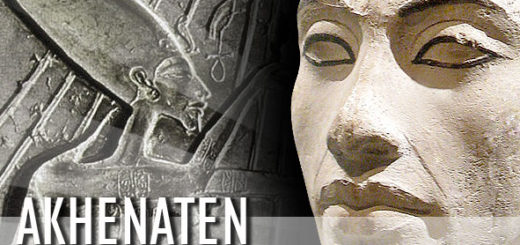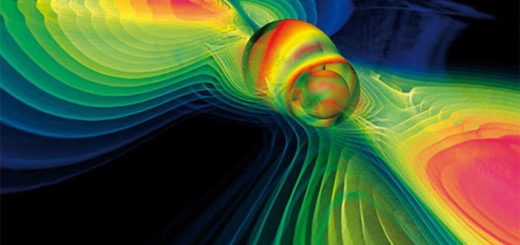COVID-19 lockdown reveals human impact on wildlife, researchers say

The worldwide lockdown prompted by the coronavirus pandemic can provide us with valuable insights into how humans and wildlife interact, according to scientists.
In an article published in Nature Ecology & Evolution on Monday, a group of international reseachers explain how research amid COVID-19 could lead to new innovations that will allow us to be better stewards of Earth and share space with wildlife.
Social media has been filled with posts of wildlife popping up in unexpected places over the last few months. It seems like nature has responded to the lockdowns in some ways. These have included sightings of deer in London and Japan, moutain goats in Wales and wild boars in Italy.
However, the pandemic has also had negative effects, the scientists write.
BLACK HOLE BOUNTY CAPTURED AT CENTER OF MILKY WAY GALAXY IN NASA IMAGE
Cheetah with ear tag.
Cheetah with ear tag. (© Sergio Izquierdo)
For instance, in some areas, fewer humans may potentially put endangered species, such as rhinos or raptors, at increased risk of poaching or persecution.
To address the challenges of how human mobility impacts wildlife, researchers recently formed an international consortium known as the “COVID-19 Bio-Logging Initiative.” The group will probe animals’ movements, stress levels and behaviors before, during and after the COVID-19 lockdowns.
In order to accomplish this, they’ll use data collected with animal-attached electronic devices known as “bio-loggers.”
“All over the world, field biologists have fitted animals with miniature tracking devices. These bio-loggers provide a goldmine of information on animal movement and behaviour, which we can now tap to improve our understanding of human-wildlife interactions, with benefits for all,” the article’s lead author, Christian Rutz, a biologist at the University of St Andrews, UK, said in a statement.
The team will integrate results from a wide variety of animals, including fish, birds and mammals, in an attempt to build a global picture of lockdown effects. Researchers will be working with more than 200 datasets for their analysis.
ANCIENT WHALE BONES UNEARTHED BENEATH CONSTRUCTION SITE
“We will be able to investigate if the movements of animals in modern landscapes are predominantly affected by built structures, or by the presence of humans. That is a big deal,” explained Matthias-Claudio Loretto, a Marie Skłodowska-Curie Fellow at the Max Planck Institute of Animal Behavior in Radolfzell, Germany.
Another scientists affiliated with the effort explained the larger hope for the project.
“Nobody is asking for humans to stay in permanent lockdown,” Martin Wikelski, director of the Max Planck Institute of Animal Behavior, said. “But we may discover that relatively minor changes to our lifestyles and transport networks can potentially have significant benefits for both ecosystems and humans.”



 Creators of mankind
Creators of mankind Description of “Tall white aliens”
Description of “Tall white aliens” Where they came from?
Where they came from? About hostile civilizations
About hostile civilizations The war for the Earth
The war for the Earth “Tall white aliens” about eternal life
“Tall white aliens” about eternal life Video: “Nordic aliens”
Video: “Nordic aliens” Aliens
Aliens Alien encounters
Alien encounters The aliens base
The aliens base UFO
UFO Technology UFO
Technology UFO Underground civilization
Underground civilization Ancient alien artifacts
Ancient alien artifacts Military and UFO
Military and UFO Mysteries and hypotheses
Mysteries and hypotheses Scientific facts
Scientific facts


















